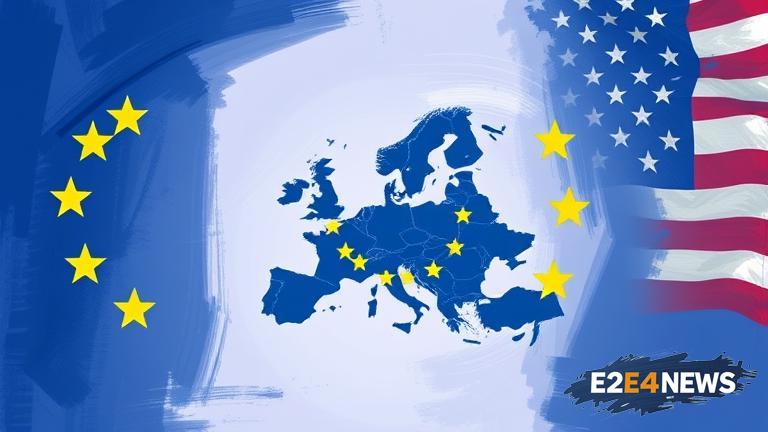The European Union is facing mounting pressure to suspend its plans to implement a global minimum tax after the United States announced its decision to withdraw from the agreement. The global minimum tax, which was agreed upon by nearly 140 countries in 2021, aims to ensure that large corporations pay a minimum tax rate of 15% on their profits. However, the US withdrawal has thrown the agreement into uncertainty, and the EU is now being urged to reconsider its stance. The EU had been a strong supporter of the global minimum tax, but the US withdrawal has raised concerns about the viability of the agreement. Without the US on board, the agreement may not be effective in preventing tax avoidance by large corporations. The EU is now facing pressure from some of its member states to suspend the implementation of the global minimum tax until the US rejoins the agreement. Some EU member states are concerned that the global minimum tax could harm their economies, particularly if the US is not subject to the same rules. The European Commission has announced that it will review the implications of the US withdrawal and consider its next steps. The Commission has also stated that it will continue to work with other countries to find a solution that ensures fair taxation of large corporations. The global minimum tax was seen as a major breakthrough in the fight against tax avoidance, and its collapse could have significant implications for the global economy. The EU is now facing a difficult decision about whether to proceed with the implementation of the global minimum tax or to suspend it until the US rejoins the agreement. The decision will have significant implications for the EU’s economy and its ability to regulate large corporations. The EU’s stance on the global minimum tax will also be closely watched by other countries, and could have a significant impact on the global economy. The US withdrawal from the agreement has raised concerns about the ability of countries to work together to address global challenges, and the EU’s response will be seen as a test of its commitment to international cooperation. The global minimum tax was seen as a key component of the EU’s efforts to create a more level playing field for businesses, and its collapse could have significant implications for the EU’s economy. The EU is now facing a difficult balancing act between its commitment to fair taxation and its need to protect its economy. The EU’s decision on the global minimum tax will have significant implications for the global economy, and will be closely watched by other countries.
